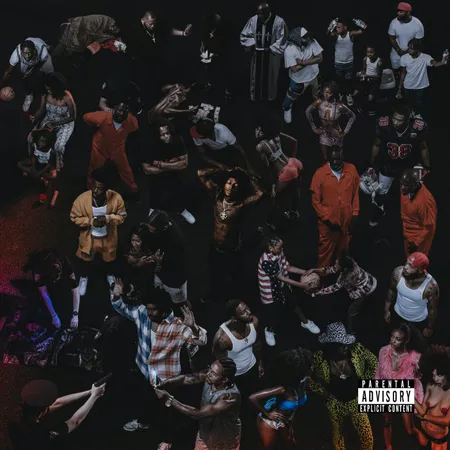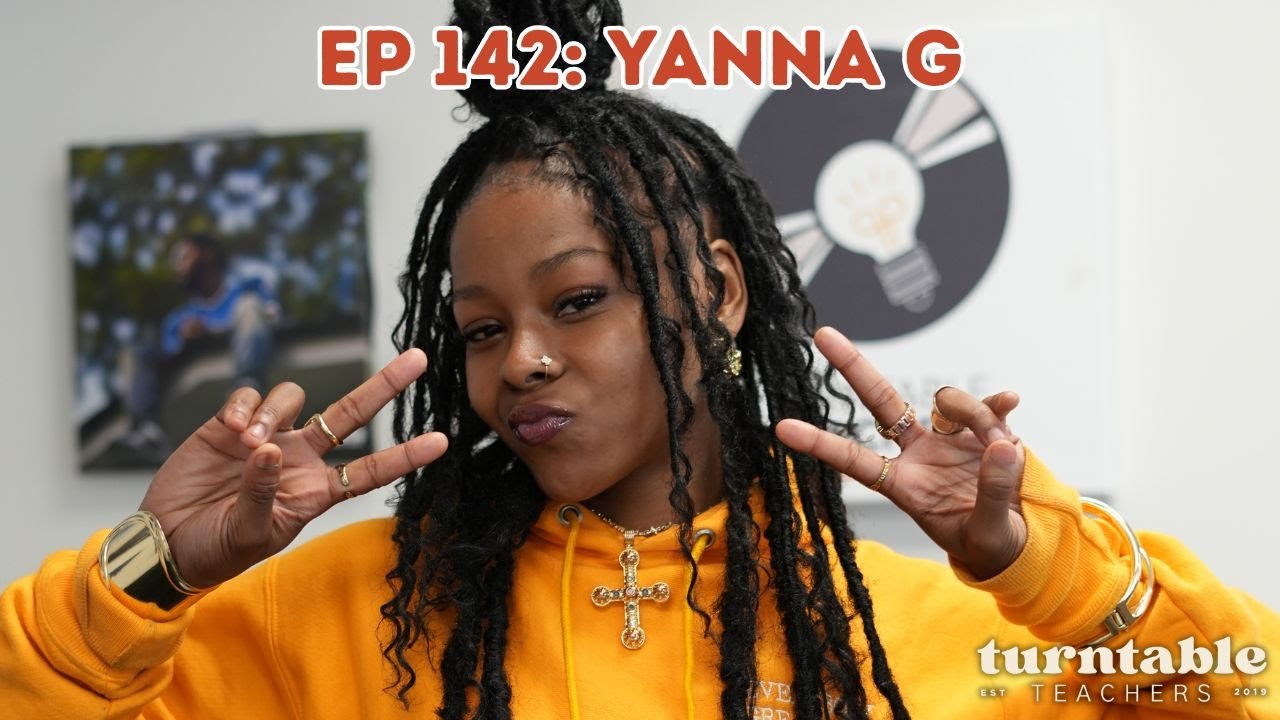
A bridge between the Atlanta rapper’s origins, his position in the canon of hip-hop, and Black history in general, his most recent album is an ambitious and overpowering experience.
The Atlanta emcee’s reputation as a capital-L lyricist with a Gatling gun flow sometimes overshadows the rubbery and referential forms his music takes. JID has always been surprisingly tough to nail down. If you give him a beat like the slinky “D/vision,” he’ll stagger-step around the drums while making references to James Harden and the Teenage MutantNinja Turtles; if you give him space to vamp over Spillage Village’s”Ea’alah (Family),” however, he’ll coo about endless summertime violence and family barbecues like a long-lost member of the dungeon Family.
JID explicitly draws attention to his range for the first time in his career on “Raydar,” the second track from his new album TheForever Story: “I got the shit you could play for your mama/I got the shit you could play for the hoes/I got the shit you could sell to the trappers/In Decatur with the ‘K and the Colt.” JID has been itching to show off both old and new skills since his previous solo release, 2018’s DiCaprio 2, and five since his 2017 breakthrough Never Story. He flexes, delves deeper into his family history, and provides his opinions on the present Black experience over songs with many rhythm changes. There are verses done in different voices. There are also poignant ballads. Forever is an avast and perhaps difficult bridge between JID’s childhood, his position in the canon of hip-hop, and Black history in general. It is an ambitious and overpowering record.
In any case, there is a lot to cover, but he has put this puzzle together before. Thematically and figuratively following TheNever Tale, Forever offers “a good element of [my] genesis story,” as JID previously told Complex. He had previously discussed his family, but never with the same vigor as in “Crack Sandwich,” in which he and his six siblings battle a sizable army outside a New Orleans club, or in “Sistanem,” in which he analyzes how his success affects his connection with one of his sisters.
JID’s voice has seldom been more fluid for pure performance. On”Can’t Punk Me” and “Stars,” he employs the identical half-step pattern at various BPMs, digging through both rhythms to produce explosive vocal pockets in their shuffled beats. Additionally, he is singing more, and his breezy melodies make for catchy choruses on songs like “Dance Now” and “Bruddanem” as well as full-throated balladry on the poignant “Kody Blu 31.”There are a lot more subtle musical allusions on this album than on previous ones. On “Stars,” JID lists JAY-Z, Kanye West, and Lil Wayne as influences. However, some are more audible to the unaided eye than others. JID contrasts his war-ready posture throughout the song with a brief sample from the Last Poets'”Mean Machine” at the start of “Raydar.”
JID and his producers are doing what many greats excel at by blazing a new path utilizing the breadcrumbs of the past. As executive producer Christo and a few other people provide a variety pack of slappers and lovely orchestral arrangements, the beats on Forever are virtually all remarkable. The identical ArethaFranklinsample from Yasiin Bey’s “Ms. Fat Booty” is reversed in”Surround Sound” with stronger beats that pulse like subwoofers in a trunk. Kaytranada’s “Can’t Punk Me” combines jittery footwork-inspired rhythms with melancholy live-band accompaniment from the Canadian jazz groupBADBADNOTGOOD (“Stars”) and Justus League memberKhrysis (“Money”).
Maximalism in Forever leads to some regrettable bloat. Thirdverses fail nearly as often as they succeed; songs like “SurroundSound” and “Can’t Make U Change,” whose switch-ups don’t warrant their length, become endurance tests. This is the list of guests on the album. The majority of the guests blend in well, especially fellow Dreamvillites EarthGang on “Can’t Punk Me” and an on-point Lil Wayne on “Just in Time.” On “Bruddanem,” however, Lil Durk’s jagged melodies seem out of place over the string arrangement, and it was a mistake to place Yasiin’s Bey’susually strong verse over a dull rhythm rather than the lovely flutes and clap drums on the first half of “Stars.”
JID’s belief that he has something to show after being absent for four years is definitely the cause of much of this excess. Forever is JID’s effort to be a hip-hop ringmaster playing every part in the circus, as seen by the skits mocking impatient fans and his jokes about song leaks. His increased ambition is still amazing, however. JID is still a gifted and captivating personality who gets better at showing his heart to everyone who wants to touch it.














